August 25, 2020
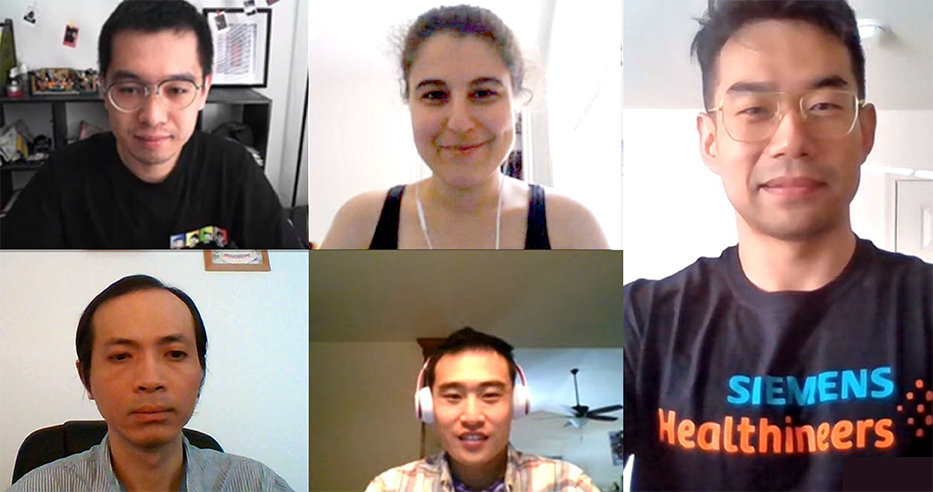
Mizzou students participate in a virtual meeting as part of their internship with Siemens Healthineers.
Five graduate students from the electrical engineering and computer science department have wrapped up summer internships with Siemens Healthineers, where they’ve applied deep learning methods to research and development in healthcare. As part of the strategic alliance between Mizzou and Siemens Healthineers, these students were selectively chosen to intern with the company.
Siemens Healthineers is a global medical technology company supporting healthcare providers on their journey toward expanding precision medicine, transforming care delivery, and improving patient experience, all enabled by digitalizing healthcare. The internship opportunities are associated with the student intern program based out of the Digital Technology and Innovation Center in Princeton. The Program enables participants to develop their skills and gain insights into the application fields of artificial intelligence (AI) and digital technologies in healthcare. Typically hosted in New Jersey, this year’s program was virtual.
Students agreed the internship experience helped them connect their AI and machine learning classes and research at Mizzou to real-world situations.
All of the interns are PhD students in EECS. Here’s a look at what each student worked on during the internship and what they learned from the experience.
Hong Wang
For Hong Wang, the internship at Siemens Healthineers confirmed that he’s on the right track with his career.
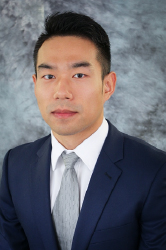
Wang
“I was worried whether the AI industry would be a good fit for me,” he said. “After this internship, I think I can handle this job very well. I will pursue my career in AI.”
Wang worked as a Natural Language Processing research intern. He was tasked with applying new ideas from research papers to company datasets. His Mizzou courses prepared him for that work.
“I took many classes related to NLP, machine learning and deep learning,” he said. “These classes helped me understand my job quickly and easily.”
The internship also helped Wang apply his research skills outside of academia.
“In school, most of the research is not related to medical problems,” he said. “Here, we apply many ideas to the medical industry.”
Deniz Kavzak Ufuktepe
During her internship, Deniz Kavzak Ufuktepe contributed to the development a deep learning algorithm for cardiovascular data.
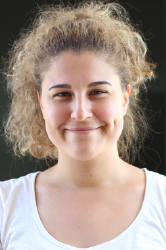
Kavzak Ufuktepe
“My research topics in my PhD studies are directly related to the tasks I am doing in my internship,” she said. “I mainly research computer vision and image processing with projects on drone video analytics and biomedical image analysis. I took courses on advanced image processing and computer vision in my first year, which helped me learn the basics on each topic.”
Ufuktepe was already interested in applying her engineering education to a healthcare-related field. Brainstorming lunch meetings with her Siemens Healthineers colleagues gave her a better idea about various roles in the field.
“I learned that research in the healthcare industry directly affects healthcare provided to real patients,” she said. “By developing intelligent solutions in new ways, it is possible to help healthcare providers, practitioners, medical students and patients.”
In addition to technical skills, Ufuktepe said she learned to work with a highly complicated network and new types of datasets.
“I have had the opportunity to see some real medical imaging data, how huge the real-life problems that need to be addressed are, and why it is important to do research on these,” she said.
Linquan Lyu
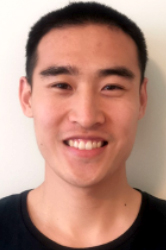
Lyu
Linquan Lyu was tasked with adding volume rendering features into a web rendering library. Volume rendering is used to display 2D projections of CT Scans or other images.
“Volume rendering is a branch of computer graphics. I didn’t know this concept before the internship,” he said. “I learned a lot of general computer graphics knowledge from this experience.”
And his courses prepared him to work with those new ideas. “Mizzou’s curriculum gave me the confidence and courage to calmly deal with the unknown techniques,” Lyu said.
The internship also showed him a connection between engineering and the healthcare industry. The development of modern healthcare, he said, requires participation from engineers.
“There are tons of opportunities to apply the most advanced computer science concepts,” he said. “It’s been a wonderful experience for me. The internship allows me to adapt to future work and gives me new ideas about my career plan.”
Nguyen Nguyen
During his internship, Nguyen Nguyen built machine learning models to classify and detect objects in neuroimages. Connecting with the company’s supercomputer, he ran models and collected and analyzed computational results.

N. Nguyen
“Thanks to Mizzou courses for my image processing knowledge and machine learning knowledge,” he said. “That helped me adapt to and complete my job.”
His work at Siemens Healthineers gave him insight about research in the healthcare industry and how that work leads to practical and valuable products. He’s also learned to work with different modalities, such as ultrasound, magnetic resonance and computed tomography, to process medical data.
“This is an excellent opportunity for computer science students like me to practice and prepare for my career,” he said. “Students have a chance to work with real data, real problems, powerful computational resources and listen to guidelines and feedback from experts in the industry. That’s very useful for future interviews and careers. The skills and knowledge I learned is helpful for me to prepare my next research paper topic in deep learning.”
Waylong “Waylon” Wu
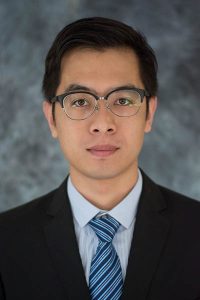
Wu
Waylong Waylon Wu researched deep reinforcement learning algorithms to solve problems and optimize vehicle routing. He credits courses with Curators’ Professor Emeritus Jim Keller and Associate Professor Derek Anderson for preparing him for that work.
“I took Advanced Topics on Computation Intelligence and Neural Network classes that introduced many related topics,” Wu said. “The two classes taught me lots of concepts in machine learning and helped me practice my programming code skills.”
Highly Recommended
This year’s class of Mizzou students who had internships with Siemens Healthineers all recommend the program for future students.
“Highly recommend,” Wang said. “Mizzou students can learn lots from Siemens Healthineers, both technical skills and communication skills. Don’t hesitate to join this big family.”
Even though this year’s program was remote, students said they were able to interact and network with their supervisors, colleagues and one another through group meetings and virtual social events.
“I enjoy communicating with colleagues the most,” Lyu said. “Everyone is so nice and supportive.”
Ufuktepe also praised the company for valuing employees and interns. It’s one of the best places to work for graduate student who, like her, are interested in medical technologies, she said.
“The best part was seeing the ideas I have had for years to work in healthcare and somehow be helpful to people become reality,” she said. “It gave me more enthusiasm for working harder to achieve those ideas in the future. The collaboration between Siemens Healthineers and Mizzou is a great opportunity for all students. I would recommend everybody who has such ideas apply next year. Don’t miss this chance.”
Learn more about internships with Siemens Healthineers here.